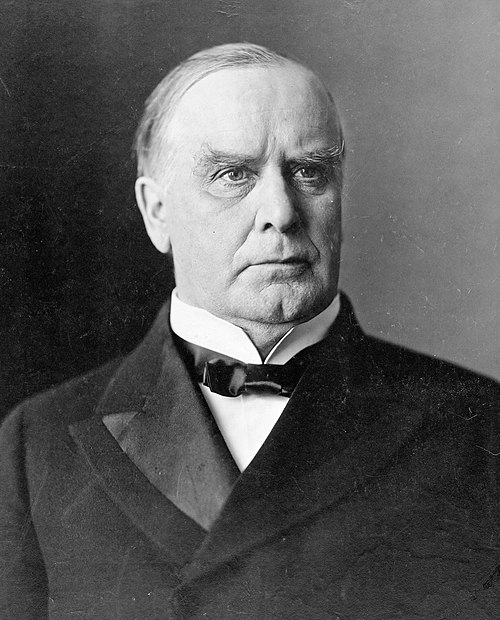Former Alaska Attorney General Treg Taylor, who recently stepped down and is expected to enter the 2026 race for governor, has asked the Alaska Public Offices Commission for an exemption in filing certain required financial disclosures.
Is Alaska’s attorney general stealth campaigning for governor? A look at his recent events raises questions
At issue is Taylor’s extensive rental property business; he and his wife own Inlet Towers in Anchorage. According to correspondence between Taylor, his wife Jodi, and APOC staff, the Taylors own 234 rental units, most of which had been previously managed by a third-party company. State law requires public officials to disclose all income over $1,000, including the names of tenants who pay that amount or more annually, the exact rental payments, and the name of the property manager if it is not the official or a family member.
Taylor, while still attorney general, submitted a request for an exemption on March 17, the deadline for annual disclosures, citing the cumbersome nature of manually entering hundreds of rental income records into APOC’s electronic filing system. He noted that while other sections of the disclosure form allow for file uploads, the rental income section does not. “My filing in regards to rental income would be extensive due to the number of tenants and the turnover among tenants and would take a significant amount of time to enter by hand,” Taylor wrote.
“My request for an exemption/waiver would be until the functionality for uploading a file for rental income is available as it is in other sections of the filing,” Taylor wrote. “I believe that APOC staff have expressed interest in adding the option to upload rental income as a file. I certify that all the facts stated in this exemption/waiver request are true. I will submit my 2024 public official filing to the best of my ability without the information which is the subject of this exemption/waiver request.”
The request, however, was set aside by staff during APOC’s busiest filing season and resurfaced in July after staff contacted the Taylors, who said that Jodi Taylor, Treg’s wife, manages the property.
APOC staff advised that while exemptions from electronic filing can be granted, the law does not allow exemption from disclosure itself.
“Additionally, I have been advised that your exemption request should have been submitted as a request for exemption from electronically filing under 2 AAC 50.816. While the request must still comport with provisions of 2 AAC 50.821, your request should have also included the information or statement that you are seeking exemption from reporting, in an alternative format,” wrote the paralegal staffer at APOC.
Officials asked Taylor to provide the rental income data in an alternative format, such as a spreadsheet, but as of late July, no such disclosure had been made. In its staff recommendation, APOC emphasized that disclosure is the core intent of Alaska’s ethics law, particularly for high-ranking officials like the attorney general.
“Exempting the electronic disclosure of a filer’s sources of income because the filer finds APOC’s filing system to be inconvenient places a burden upon the citizens who use these disclosures to ensure transparency,” the staff said in the documentation.
Still, the commission is expected to consider whether a limited exemption should be allowed at its Sept. 10 meeting, given the unusual volume of Taylor’s rental holdings and the lack of upload functionality in APOC’s system.
Taylor’s handling of the disclosure may draw scrutiny as he positions himself for a run for governor. Personal financial disclosures have discouraged many business people from running for office, and so some may ask why Taylor, as attorney general, should get an exemption on his Public Official Financial Disclosure. The documents related to this matter are at this link.
Breaking: Attorney General Treg Taylor exits Dunleavy Administration, eyes Governor’s Mansion
Reader poll: Who do Must Read Alaska readers think should run for governor?









